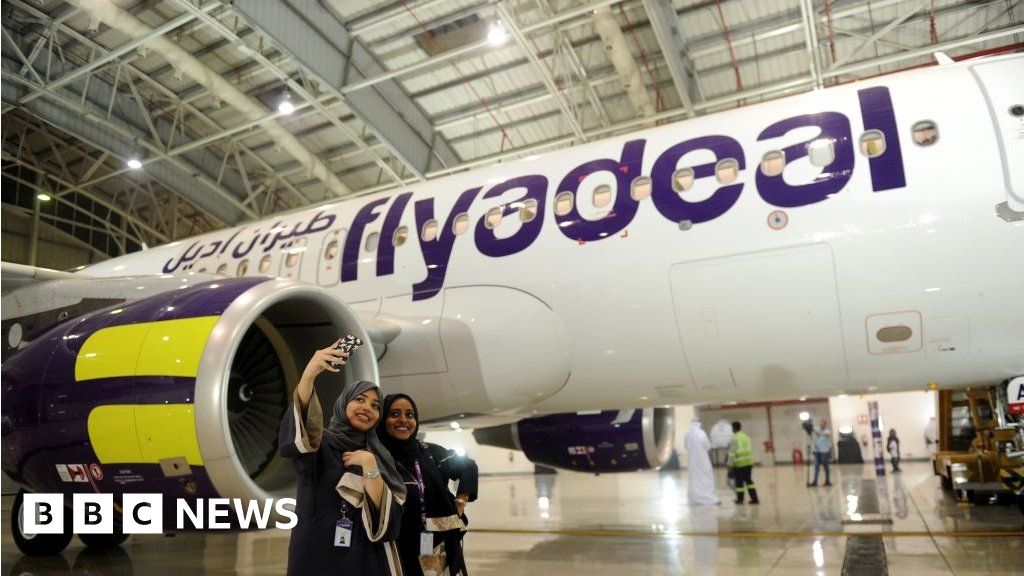The following is a 'short' excerpt from the latest Aviation Week and Space Technology.
Latest 737 MAX Issue Seen Delaying Future-Year Production Increases
Jul 8, 2019
Michael Bruno | Aviation Week & Space Technology
Boeing is not expected to raise its monthly production of 737 aircraft until next summer, commercial aerospace experts now say in the wake of the latest setback to the MAX program, and the chances of a further rate cut have grown significantly.
In late June, Aviation Week and other news outlets learned that
FAA test pilots had flagged a new issue in the MAX flight-control system that must be addressed as part of changes underway to get the aircraft back into service (
AW&ST July 1-14, p. 26). If necessary, a solution that requires changing computer chips could delay the MAX’s return to service (RTS) further as it likely would require new chip architecture as well as swapping out chips on nearly 500 MAXs in airline fleets or awaiting delivery.
As a result, financial analysts and industry consultants are prolonging their RTS outlooks for the MAX as well as when OEM Boeing can resume deliveries. Many do not see MAX passenger service resuming until at least the last quarter of 2019 and potentially not until 2020. Previous estimates were based on a RTS by early fall and certainly in time for traditional Western year-end holiday travel.
“We are only three and half months into the MAX crisis, but it may have twice as long again to run,” say analysts at Agency Partners.
What is more, many experts now believe Boeing may not raise its own monthly production rate to 52 new aircraft until the summer of 2020, and it might put off Rate 57 until late 2020 or even 2021. Currently, Boeing is building
737s at a rate of 42 a month—two of which are P-8s for the U.S. Navy—down from 52 before the MAX crisis erupted. The OEM had planned to be building 57 per month by now.
“News that Boeing is having to do additional work on the maneuvering characteristics augmentation system (MCAS) software, while the FAA is looking increasingly likely to move with other regulators (versus independently), means that correcting the issues on the aircraft are going to take longer than hoped,” Vertical Research Partners told its investor clients July 2.
For Boeing, Bernstein analyst Doug Harned estimates an additional one-month delay in the MAX’s return—beyond the previous September-October expected timeframe—would shift roughly $1 billion in revenue from 2019-20 and cut total cash in those years by $100 million per month. “An extended delay could add costs, such as fixed-cost coverage, progress payment recovery, airline compensation and airplane storage,” he said June 28.
Boeing has not given much guidance for MAX costs to date beyond adding a perfunctory $1 billion to its program cost accounting. But experts see the figures only growing as the issue endures. “While I don’t think additional recertification delays beyond the fourth quarter are terribly likely, just getting through the rest of the year will be expensive in terms of inventory,” Teal Group’s Richard Aboulafia tells Aviation Week.
Canaccord Genuity analyst Ken Herbert stresses the latest additional delay will affect second-half 2019 financial results, which will not be known fully until early next year. There also could be greater pressure on 2020 results, depending on how fast Boeing can work down its inventory once the MAX has returned to service.
















